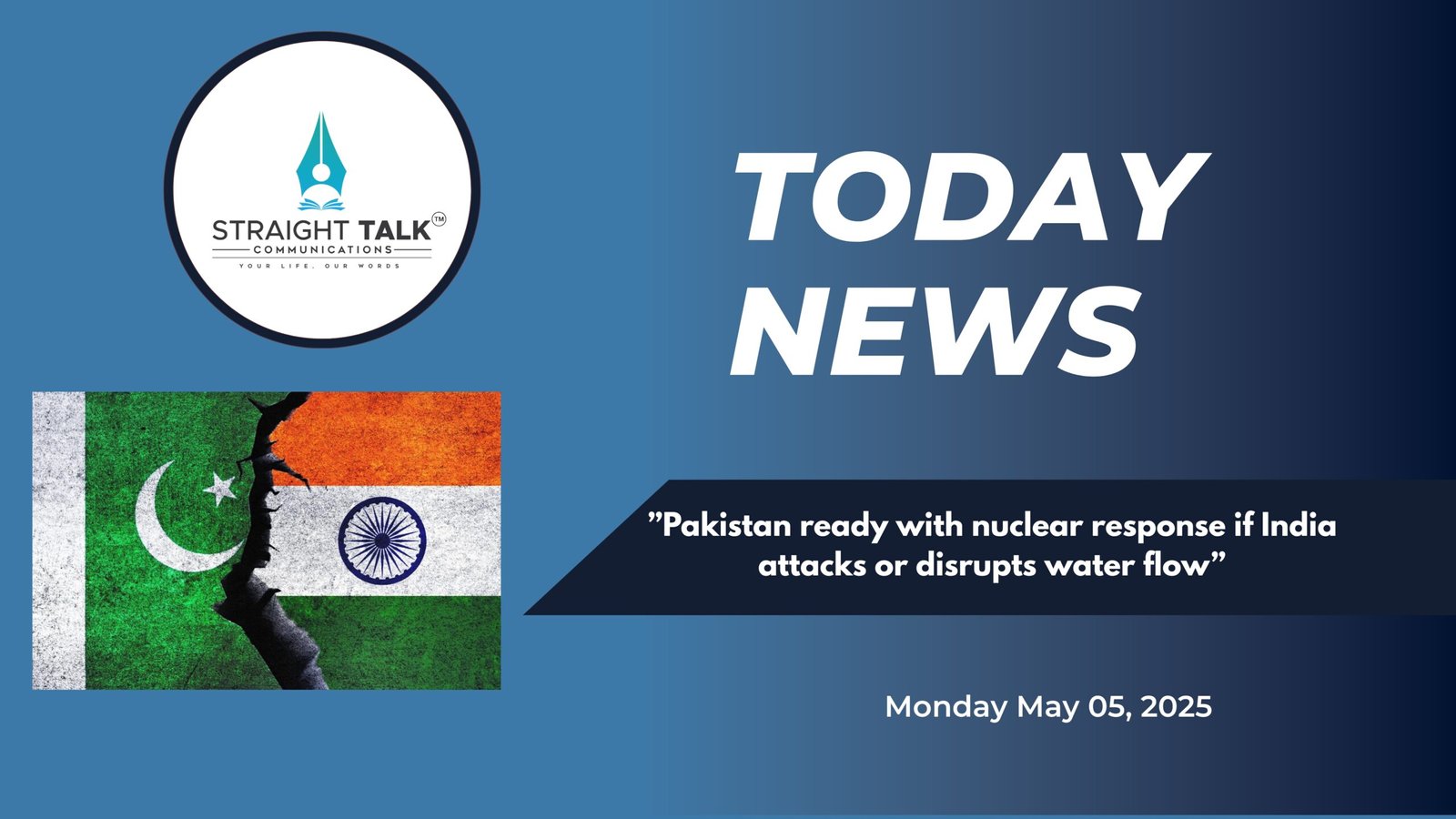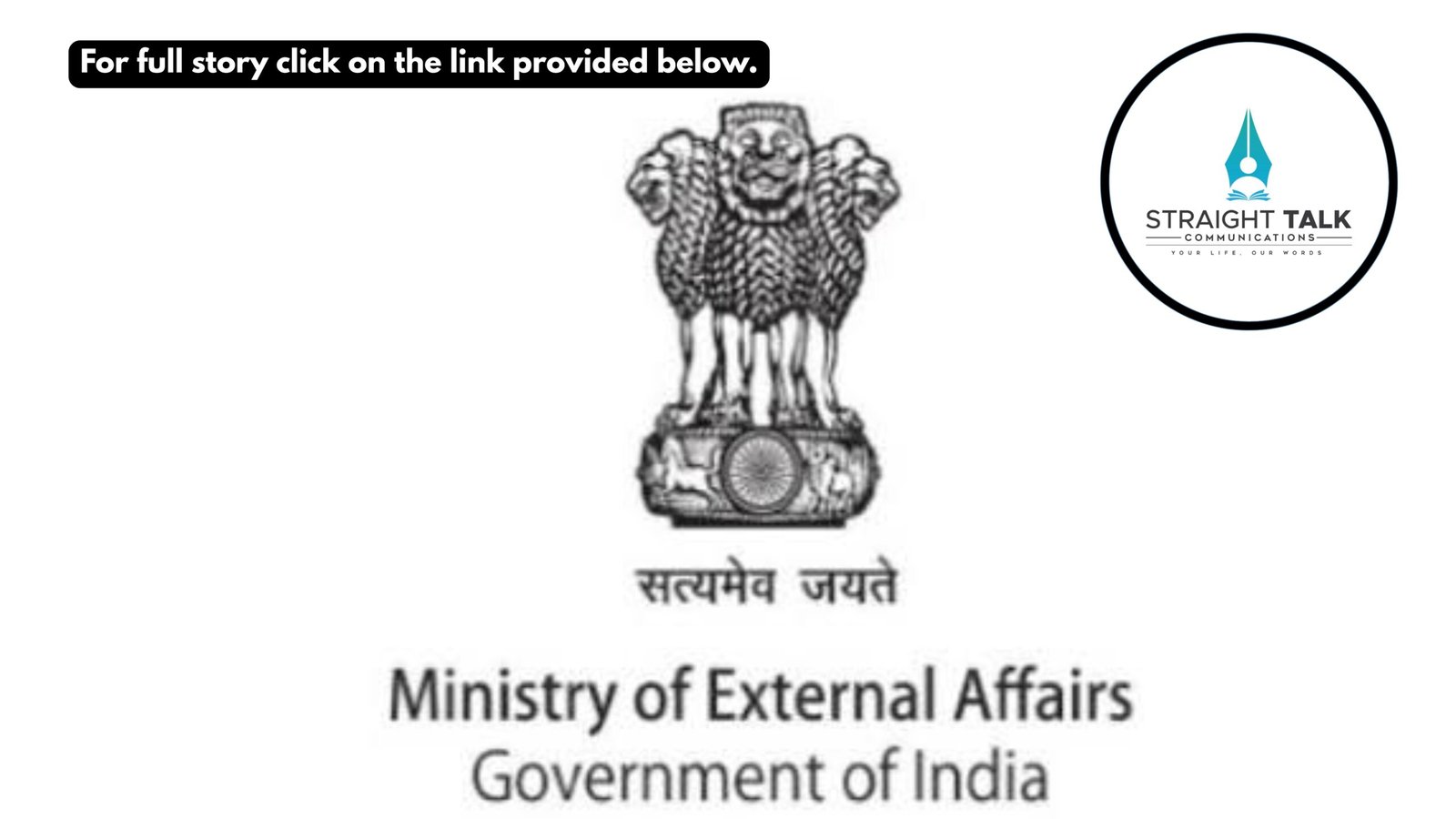“Pakistan ready with nuclear response if India attacks or disrupts water flow”

STC NEWS MONITORING DESK
MOSCOW, MAY 05 (STC): Pakistan’s ambassador to Russia, Muhammad Khalid Jamali, during an interview with Russia’s state-run TASS news agency on Sunday, has threatened of nuclear response if India attacks or disrupts flow of water.
Warning that Pakistan was prepared to respond to any aggression, the ambassador said, “We in Pakistan will use the full spectrum of force, both conventional and nuclear.”
It’s pertinent ti mention that tension has heightened between India and Pakistan
following the April 22 Pahalgam terror attack in which 26 people, mostly tourists, were killed. In reaction to this, India announced downgrading if diplomatic ties with Pakistan, including suspension of Indus Water Treaty.
Jajamali reiterated Islamabad’s position regarding the Indus Water Treaty, by stating that
“any attempt to usurp the water of the lower riparian, or to stop it, or to divert it would be an act of war against Pakistan and would be responded to with full force, including nuclear.”
As per the reports, he, however, urged de-escalation, noting the potential danger given that both countries possess nuclear weapons.
“As the two countries are two nuclear powers, there is all the more need to de-escalate the tensions,” he said.
“I think the role of the international community comes in. And in this regard, we expect that powers like China and Russia can participate in those investigations,” Jajamali said.
When asked whether Pakistan was preparing a formal appeal to Russia to take part in the investigation into the terrorist attack, the ambassador said, “We are open [to it]. We want this investigation to be conducted and this blame game to stop. There are incidents from time to time, and without addressing the root causes, Pakistan is blamed for this.”
He said Moscow has pointed at the need to address the “root causes” in the Russia-Ukraine conflict.
“Similarly, when political disputes fester for a long time, resentment arises and such incidents are likely to occur. It’s always very easy to blame and make someone a scapegoat,” he said. (STC)







